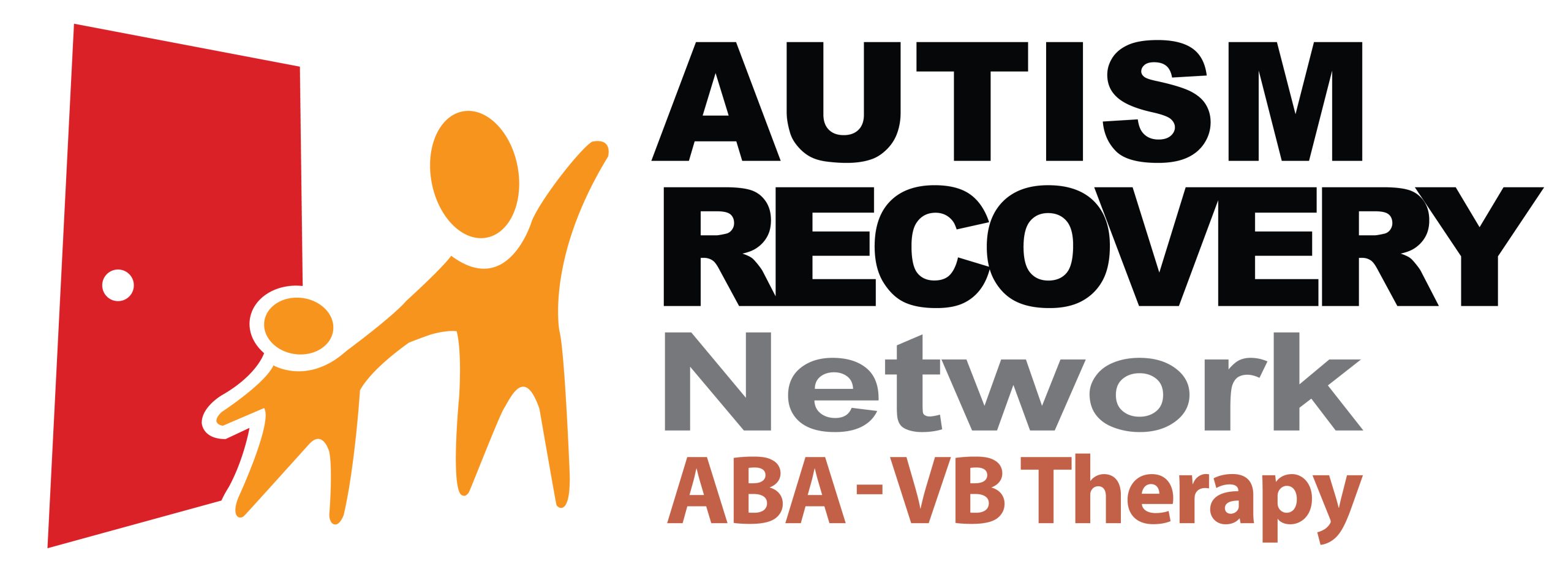With each passing day, Google’s effort to eliminate offensive terms about autism from its search engine suggestions is gradually taking effect.
Typing in the phrase “Autistic people should …” last week produced so-called “auto-complete” suggestions that they “be killed,” “die” or “be exterminated.”
Four days later, there has been some improvement: Only one of the three auto-complete suggestions expresses violent hostility to people who have the neurological developmental disorder.
The latest top search result suggestion is “killed,” followed by “should autistic people have children” and “should autistic people drive.”
Google made the change after a national collection of autism activists blogged about their displeasure with the offensive suggestions. Idaho activist Sparrow Jones said the company had previously rebuffed their complaints, even as it acknowledged the automatic, computer-generated results were unfortunate.
The new approach was praised by the national group Autism Speaks, as well as by the statewide group Autism New Jersey.
“We applaud Google’s attempt to minimize the spread of this hostile and threatening rhetoric, as well as the efforts of the bloggers in the autism community to combat the spread of hate speech through positive messages,” said Autism New Jersey spokeswoman Ellen Schisler.
But another autism activist, 15-year-old Sam Gelfand, a former Princeton resident now living in Florida, said he worried about the free speech implications of tinkering with the search engine’s formula.
“They’re trying to protect people from hate speech, but it’s almost a form of censorship,” he said. “In my personal opinion, everyone should be able to hear both sides of an issue.”
Google’s auto-complete function tries to save users time by choosing the most frequently used words to complete their search phrase. The changes, once implemented, would block the offensive phrases from popping up when someone is searching for topics involving autism. Users would still be able to access the sites that contained offensive wording.
Gelfand, who is in New Jersey for his spring break to give talks on Asperger’s, a high-functioning form of autism, found the earlier search results less threatening than the members of Jones’ group did.
“Unfortunately, some people are just insensitive,” he said. “But just because they search for the phrase ‘Autistic people should be killed’ doesn’t mean they think they should be killed,” he said. People could click on the phrase simply out of curiosity — thereby making that search result incrementally more popular in Google’s search formula.
Google spokesman Jason Freidenfelds said Thursday the fix would take time because the computer algorithm has to be tweaked to encompass all the phrases that people could use in their searches. It’s not simply a question of deleting certain words or phrases.
Sparrow disagrees that the impending Google changes constitute censorship.
“It’s not like China, where they don’t let people read things. They’re not keeping anyone from searching for anything. You can still complete the phrase yourself,” she said. The changes merely eliminate “a platform for people to find hate speech.”
Sparrow acknowledged the search engine algorithm isn’t the problem; it is, rather, the frequency of the hostile search terms typed in by Google’s users.
While the policy change makes search results less threatening for those with autism, searches on other broad groups of people — Jews, Muslims, men, women — combined with the word “should” all produce violent suggestions. That begs the question: Is autism getting special treatment?
“We’ve had people say Google should do this for everybody, and we’ve had people say they should do it for nobody,” Sparrow said. Her preference would be everybody.
“Nobody needs hate speech,” she said.
Link to original article: http://www.nj.com/news/index.ssf/2013/03/google_slowly_eliminates_die_f.html

